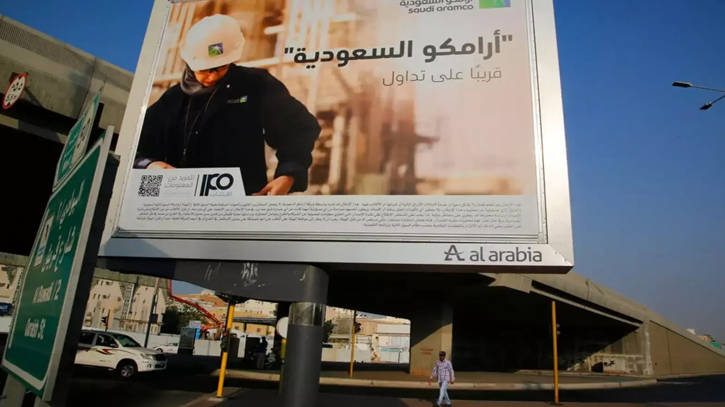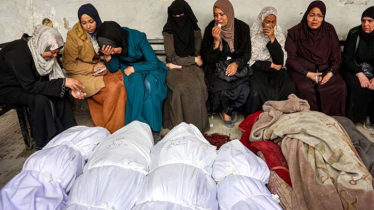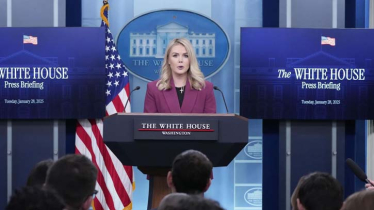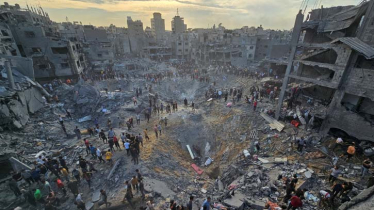
Photo: Collected
Oil giant Saudi Aramco said Sunday that international investors had snatched up the bulk of shares sold in its latest offering, which was set to raise $11.2 billion. "The majority of the shares constituting the institutional tranche of the Offering was allocated to investors located outside of the Kingdom," the company said in a statement before shares were to begin trading on the Saudi bourse as it reopens on Sunday (9 June).
Sources close to the situation told AFP that around 58 percent of shares were allocated to international investors, up from around 23 percent for the company's initial public offering in 2019 which was the biggest flotation in history.
The sources, speaking on condition of anonymity to discuss the private information, said around 70 percent of orders outside the local market came from the European Union and the United States, while others came from Japan, Hong Kong and Australia.
Aramco, the mostly state-owned jewel of the Saudi economy, announced on May 30 it would sell 1.545 billion shares, or approximately 0.64 percent of its issued shares, on the Saudi stock exchange.
The secondary offering was expected to provide a short-term boost to Saudi Arabia's finances as the Gulf kingdom builds large-scale projects including resorts and stadiums as part of ambitious economic reforms.
It was also widely seen as a test of foreign investor interest more than halfway through an economic reform drive known as Vision 2030, whose ambitions are reflected in so-called giga-projects such as NEOM, a planned futuristic megacity in the desert. Saudi Arabia is the world's largest crude oil exporter and the government's stake in Aramco is around 81.5 percent after the second share sale.
Aramco on Friday said it would price the offering at 27.25 Saudi riyals ($7.27) per share, at the low end of the range of 26.70 to 29 Saudi riyals announced in late May. Aramco ended trading on Thursday, the last day the market was open, at 28.30 Saudi riyals per share, giving it a market capitalisation of around $1.83 trillion.
Messenger/Disha








